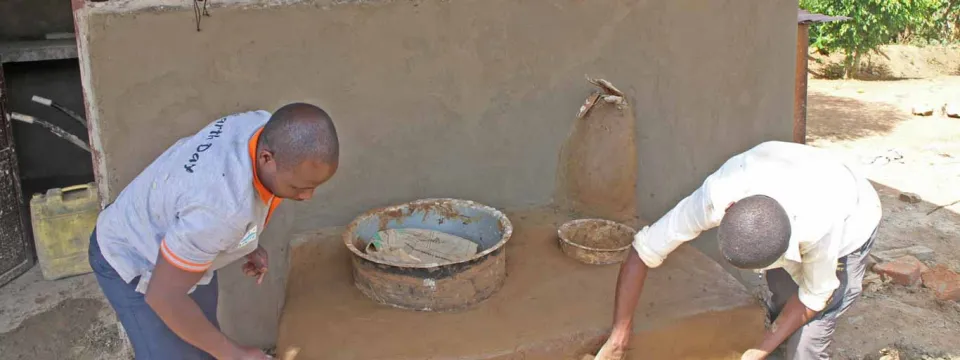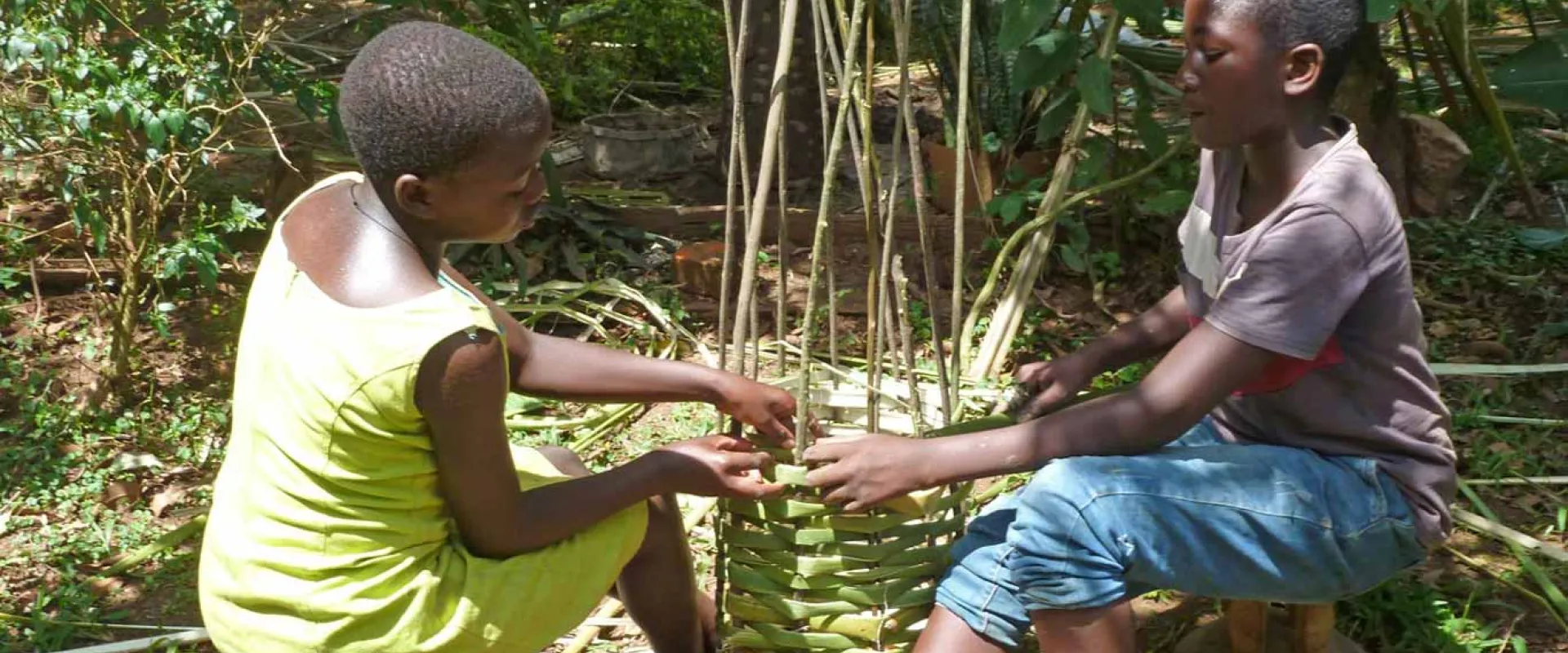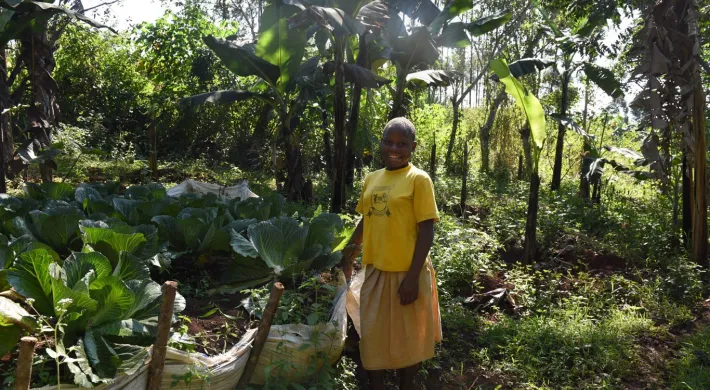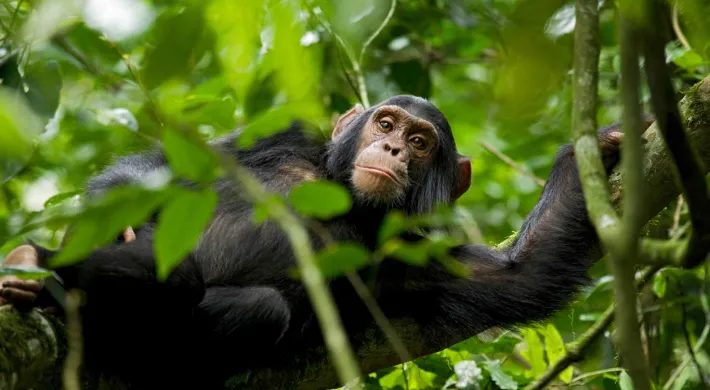Tinka John, North Carolina Zoo UNITE Director, Uganda, Africa
UNITE for the Environment (UNITE) is a Ugandan-based program of the North Carolina Zoo, which envisions communities adjacent to protected areas living in harmony with the environment. We work to conserve important wildlife habitats by providing communities with quality conservation education programming and environmentally sustainable solutions rooted in science and culture that inspires the next generation of conservationists. Over the last 18 years, we worked with 12 schools within a radius of five kilometers from the Kibale National Park boundary and just last year, we added another 16 schools from Queen Elizabeth National Park.
UNITE provides teacher training workshops to build the capacity of the teachers so that they are better able to integrate conservation messages in the national curriculum. Most people living adjacent to protected areas in Uganda have a perception that national parks and game reserves are protected for tourism and tourism is for foreigners. This is mainly because local people rarely get a chance to visit these wild places apart from the very few who are employed. The other interactions are negative: for example, going to steal wood or poach animals. We therefore take students on field trips so that they are given that positive first-hand experience with the parks.
So far in 2020, we have held two teacher training workshops on beekeeping as a way to practice sustainable agriculture, completed 12 student field trips to Kibale National Park and Bigodi Wetland Sanctuary, and held head teachers, conservation clubs and school-based teacher meetings.
The North Carolina Zoo’s UNITE for the Environment has been operating around Uganda’s Kibale National Park for several years. The Zoo works with Ugandan teachers to be better environmental educators and stewards of the natural world.
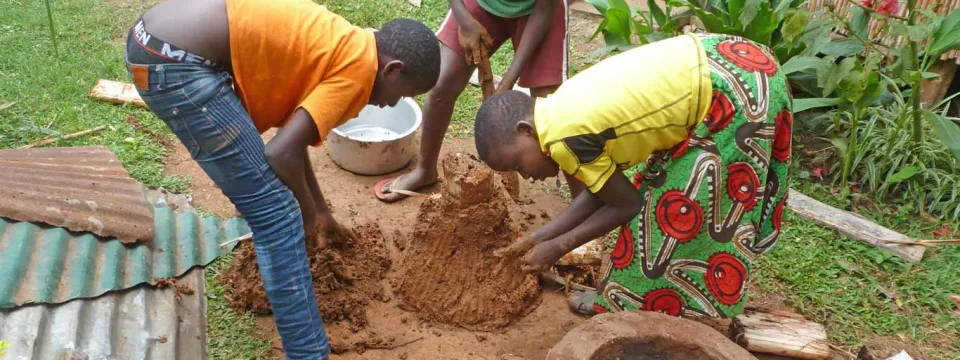
Everything changed in mid-March, though, when Uganda, like much of the world, went into lockdown because of Covid-19. Though at that time, Uganda had not had a single case of coronavirus, the partial lockdown included the closing of schools and thus limited our usual group activities. As a UNITE director, I was caught in a situation where I had to make very quick decisions to find ways to continue engaging our community and staff, while adhering to the health guidelines.
On the eve of the lockdown, I sent a message to all school’s principles and conservation club leaders, to share with the teachers and students. The message read “I understand that the schools will be closed for at least a month or perhaps much longer depending on how long this world pandemic, Covid – 19 is managed. Please note that we are in this together and feel free to let us know if there is anything we can do to support you. Although we can’t go to school or hold meetings and workshops, corona virus cannot be contracted through implementing service projects such as building fuel efficient stoves, proper waste management, and practicing sustainable agriculture or through tree planting. Instead these practices will help conserve the environment and keep our communities strong.”
Even in these challenging times, North Carolina Zoo’s UNITE program is continuing to provide support to students and teachers as they work to use conservation service projects around their homes to improve their livelihoods and reduce their impact on the environment. Since the lockdown, I have had a number of phone calls from different teachers and parents calling to inquire about certain projects; mainly about specifications, such as sizes and mixtures as they build fuel-efficient stoves (which require less wood to cook and are thus environmentally friendly). We are also engaged in a number of other activities, including computer research on various conservation topics, preparing training materials for the rest of the year, and taking online courses.
Among the many lessons learned during this Covid – 19 pandemic, one important take away is that our younger generation are ready to learn and adapt to change. In my home complex, I have an extended family of five generations living together, from my grandmother to my grandchildren. My eight year-old granddaughter, Joanita is the chief whip when it comes to family members and family visitors avoiding spreading coronavirus. Joanita has on many occasions reminded everyone including my 103 year old grandmother to wash their hands. She quickly adapts to radio and TV messages. This makes me appreciate more the UNITE approach of working with schools. This is the time when we all need to reduce our pace and rethink our relationship with the natural world, so that when “the storm is over”, we can do better.
